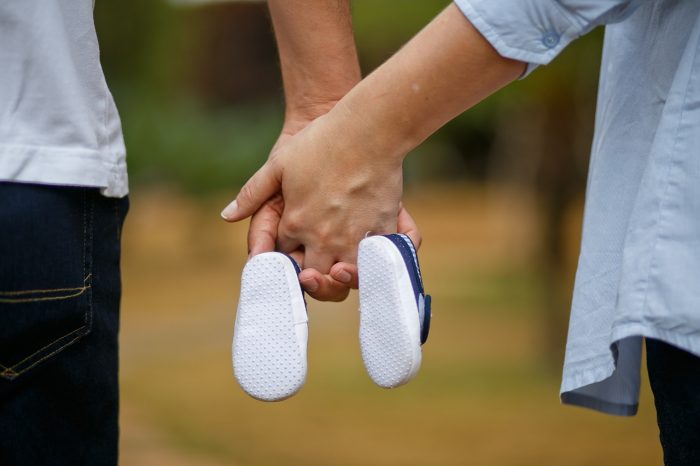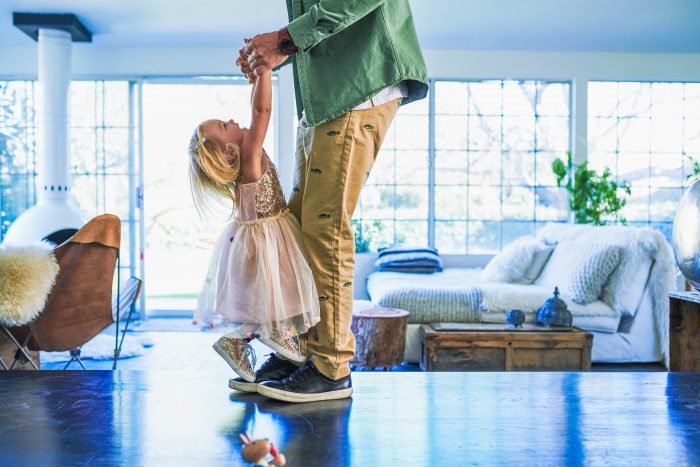By Daniel Dunaief

Some historical phrases help shape and define the country the way landmarks like the Grand Canyon, Statue of Liberty, and Mt. Rushmore provide a distinct national identity.
One of those expressions, for me, is “rugged individualism.” The combination of the two words suggest independent thought, an ability to decide for ourselves, and a willingness to eschew tradition in favor of something more personal, practical and self-directed.
We don’t need kings and monarchs to tell us how to behave or to dictate from on high. We favor the stories of Americans whose humble origins offered hope to anyone born in a log cabin, a la Abraham Lincoln, or whose compassion inspired them to build houses for others, Jimmy Carter, perhaps, long after they were no longer the most powerful person on the planet.
We think for ourselves, we live with the view that we have unlimited potential and that we don’t need to have the right name or address to realize our dreams. Our self confidence allows us to imagine that we can become the next “Cinderella Man” or “Working Girl.”
And yet, we the people of the United States sometimes appear to be living lives that are filled with paint-by-the-numbers decisions and that involve following other people’s footprints in the snow.
Why? Have we and our children become so accustomed to group think that we don’t want to separate ourselves from the pack? Are we living in a world where we are desperate to conform?
Part of our collapse in independent thinking comes from corporate America. That faceless, nameless, profit churning machine, with its fake wooden boardrooms and its army of handlers and focus groups, has encouraged us to believe that buying their products, supporting their stores and following the trends is a way of asserting our independence.
It’s a clever ploy, my friends. They convince you that eating what everyone else eats, saying the same words everyone else says and wearing what everyone else wears helps you realize your potential.
The argument is an easy one to make, especially as you drive through Anytown USA. You see the same collection of franchised stores, with their predictable food and products and their well-oiled experiences, where it takes 5.6 minutes from the time you entered the store to get exactly the same soggy french fries in Dubuque, Iowa as it would in Setauket, New York.
We resist risk. Going into a restaurant with an unknown name means we might consume food that doesn’t taste familiar or good to us and that might give us indigestion as we move, like cattle, to the next predictable destination and engage in an echo of the same conversation we had last week, last month and last year.
I get it: it’s hard to decide to go to a unique store or restaurant in a town, particularly when the parking lot in the franchise chain next door is packed with people driving the same model and color cars we see on our roads back home.
Well, it’s 2024, and not 1984. We can and should make our own decisions. I would encourage you, your children and your friends to decide who you are and what that means. Yes, it’s hard and yes, people might hide behind the cloak of conformity to encourage you to do as they and everyone else does. They might even peck at you verbally, uncomfortable with differences and unsure of how to react to “the real you.”
If we fit in too well everywhere we go, we run the risk of disappearing. As Frank Sinatra suggests, it’s time to do things “My Way.” Yes, we might hate tuna fish with peanut butter, but at least we’ll be listening to our own voice and getting off a nonstop conveyor belt of conventional thought in which we follow the same roads, the same thoughts, and the same routines. Different? Different is good and, best of all, it’s up to you to decide what that means.














